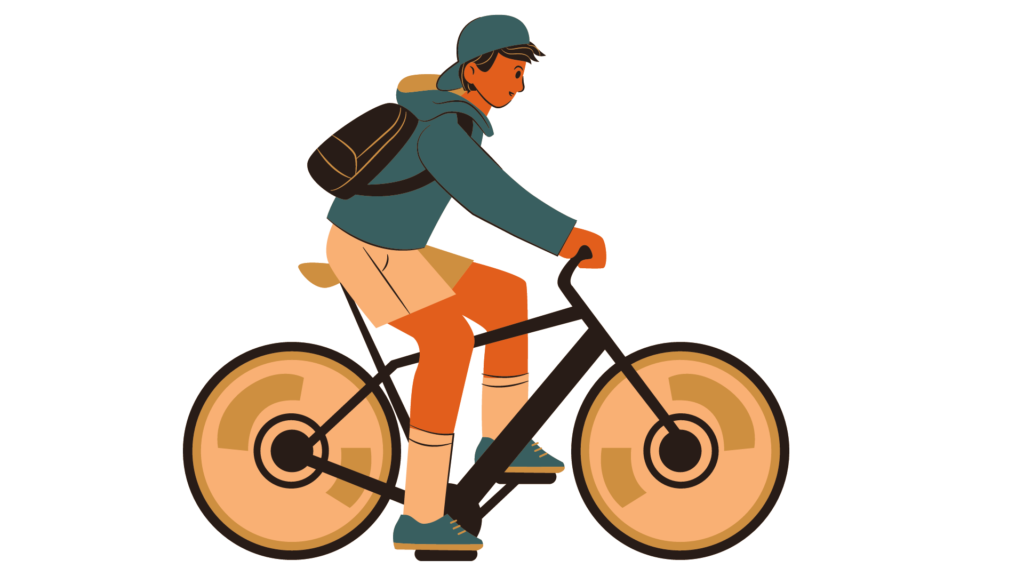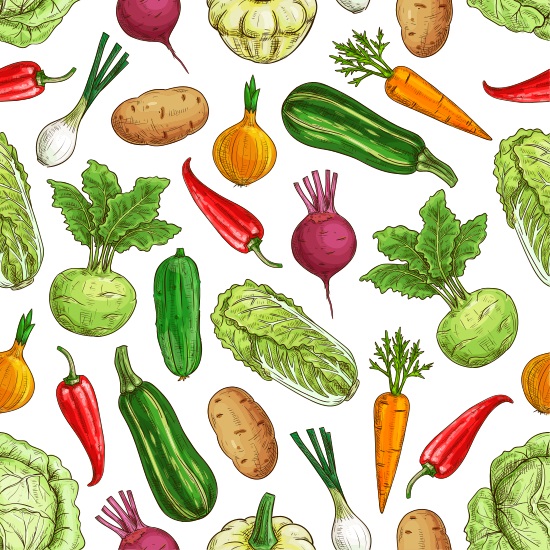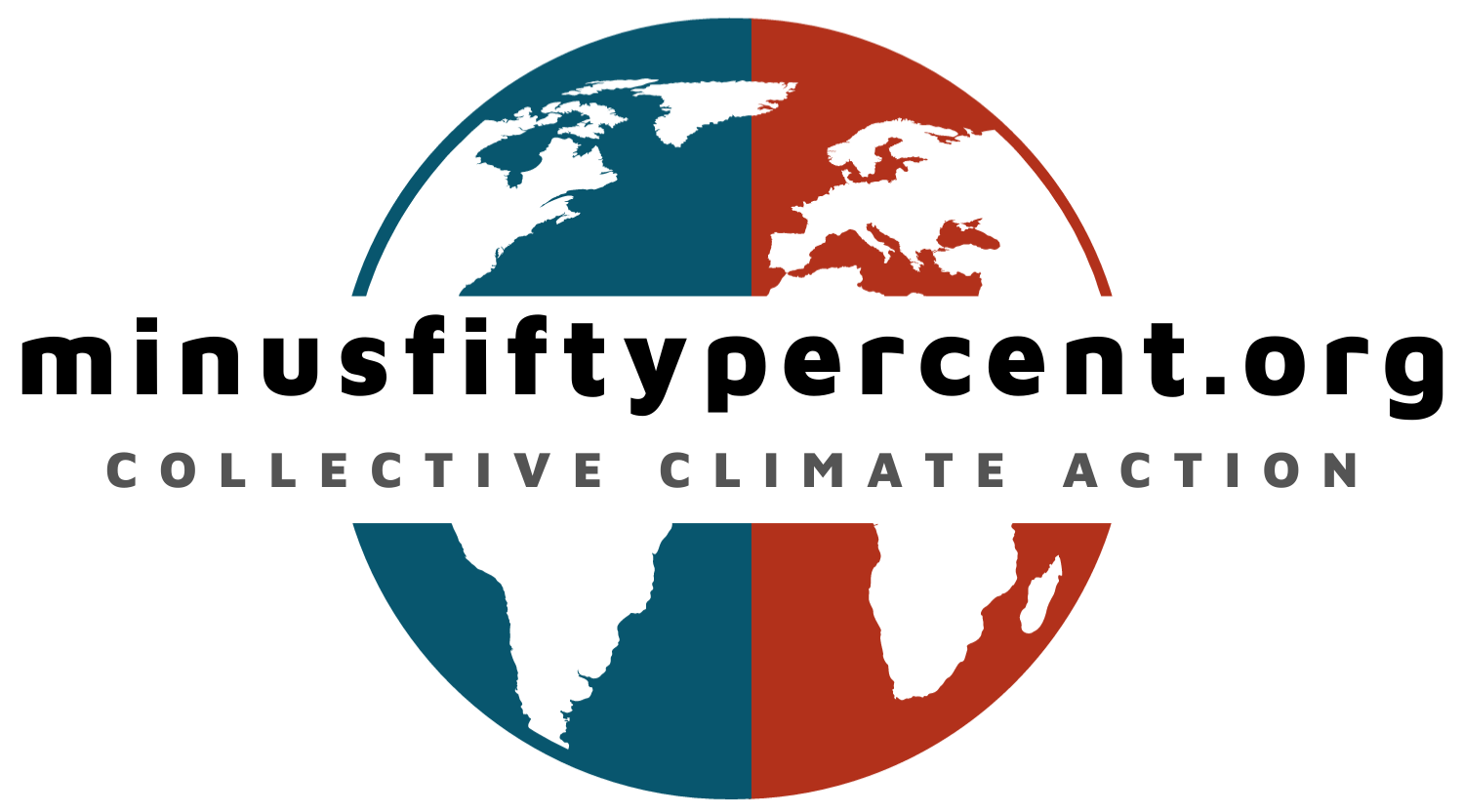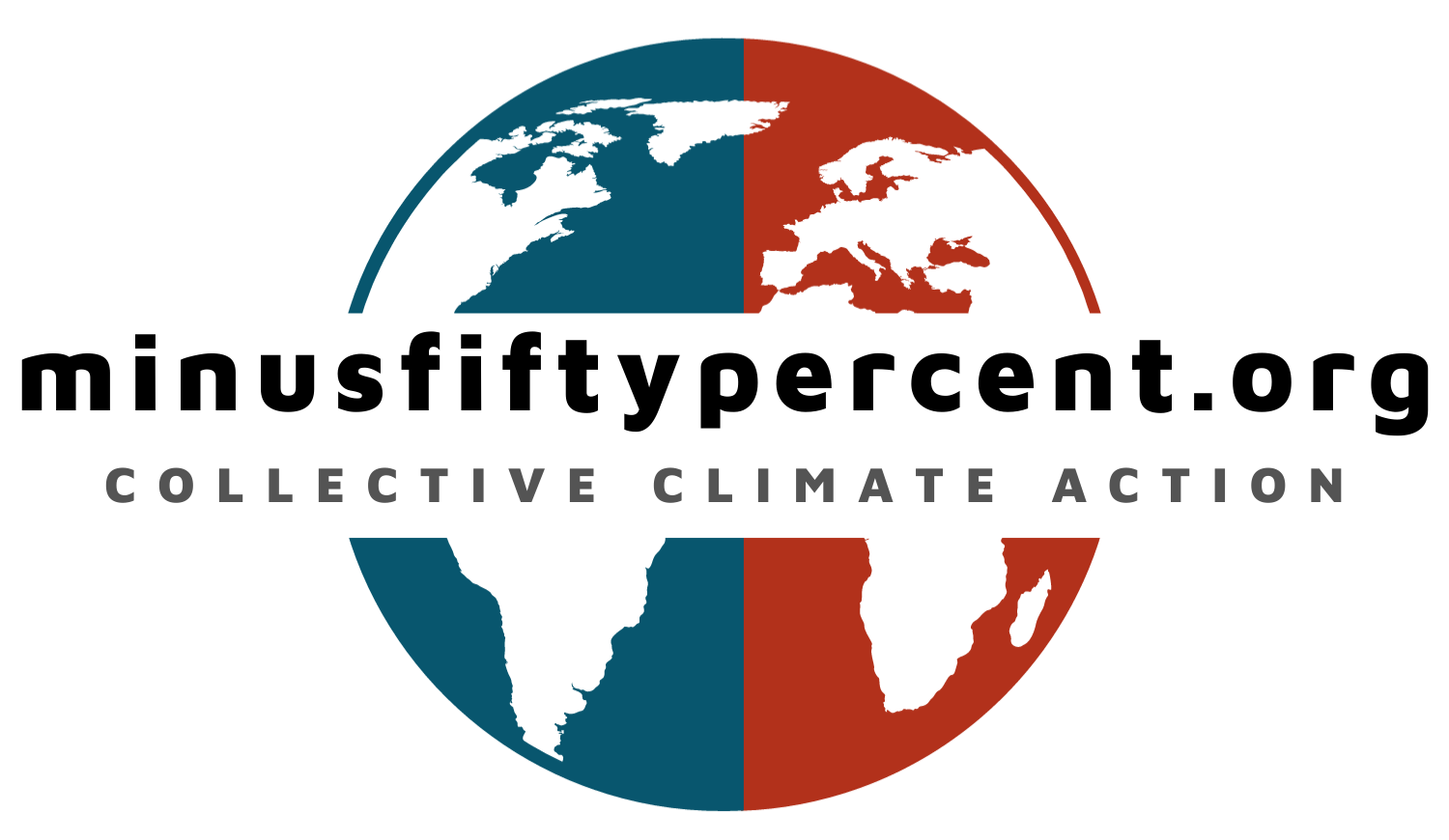Each global citizen has a per capita consumption emissions target of 2.1 tons of CO2 by 2030 to limit warming to 1.5°C. The 2019 world average is 4.7 tons CO2/capita. The current range: Australia 17.1 tons and India 1.9 tons/capita.
What is your CO2 emission level?
These excellent Greenhouse Gas emission calculators will help you to determine your current carbon emissions – your baseline: Carbon Zero; US Environmental Protection Agency; Carbon Footprint; Eco Footprint Calculators (e.g. Meat); Food Carbon Footprint.
You can use this basic worksheet to record your baseline and improvement goals: LINK
-50% IT! TRAVEL

| REDUCE YOUR TRAVEL-RELATED EMISSIONS BY 50% |
|---|
| * Reduce or eliminate the need to travel — both for long and short distances |
| * Take public transport– whenever possible |
| * Green your commute – walk, bike, bus, carpool, public transport |
| * Walk or ride a bike; get an electric bike for longer/steeper commutes |
| * Carpool and ride share |
| * Switch to an electric vehicle (or hybrid) |
| * Reduce the number of trips you take |
| * Work from home; choose video conferencing over driving to meetings |
| * Leisure and vacation: think before you drive or fly: trip absolutely necessary, can any of the alternatives above be used – read more here |
| +++ Choose human-powered outdoor recreation – hiking, cycling, angling, wildlife watching, paddling and skiing/boarding |
| +++ Explore your own city or neighborhood, rather than taking trips abroad |
| +++ Reduce the carbon footprint of holidays |
| +++ Travel abroad in a more low-carbon way – take a train, bus or ferry — rather than a plane, when possible; use a carbon offset program |
| * Evaluate your personal vehicles: how many and how big? |
| +++ Trade your large, inefficient vehicle(s) for an EV or a plug-in hybrid; reduce the number of vehicles you own |
| * Find alternatives to personal car ownership (car & ride share programs) |
| * Reduce emissions from idling personal vehicles – NEVER IDLE |
| * Ensure that your personal (or fleet cars) are operating efficiently |
| * Don’t fly and if you do, offset your emissions – read more @ David Suzuki Foundation |
| ——————————— |
| ADVOCACY / ACTIVISM – read more @ UN Environment Programme: Sustainable Lifestyles: Options and Opportunities |
| @ Increase the walkability in your community and biking infrastructure in the community |
| @ Promote set-up and participation in car share, carpool and ride-share programs for shared commuting |
| @ Advocate for home office (non-commute) days |
| @ Advocate for meaningful change: improve bus stops, installation of bike racks, improve/increase bike lanes, encourage others to not idle |
-50% IT! ENERGY

| REDUCE YOUR ENERGY-RELATED EMISSIONS BY 50% |
|---|
| * Heating your house – Explore ways to reduce your natural gas, oil, or coal-based heating/cooling of your house |
| +++ Winterize your home – read more @ David Suzuki Foundation |
| +++ Install a programmable thermostat – only heat the house when you really need to |
| +++ Get a professional home energy audit; improve your insulation and windows – Do It Yourself Guide |
| +++ Use of a wood stove reduces the need for fossil fuels |
| * Cooling your house – reduce or eliminate the use of your air condition – read more @ David Suzuki Foundation |
| * Install renewable energy alternatives – GeoExchange (Geothermal) |
| * Reduce your showers to 4 minutes |
| * Swap your gas stove for an electric stove |
| —————- |
| REDUCE YOUR ELECTRICITY USE BY 50% |
| * Switch to ecological / renewal electricity & energy providers – check for local availability |
| * Use/buy energy efficient appliances – look for the Energy Star label |
| * Use energy-efficient light bulbs – available at your local hardware store |
| * Wash your clothes in cold water – yes, it still works! |
| * Don’t use your clothes drier – hang your clothes inside or outside |
| * Unplug computers, TVs and other electronics when you’re not using them – stand-by mode still uses power |
| ——————————— |
| ADVOCACY / ACTIVISM – read more @ UN Environment Programme: Sustainable Lifestyles: Options and Opportunities |
| @ Help educate individual, families and communities to reduce their energy consumption |
| @ Create an EnergyNeighbourhood |
| @ Create and/or support community tool libraries to support homeowner repair, renovation and maintenance |
| @ Support the introduction of mandatory building codes and minimum energy efficiency performance standards |
-50% IT! FOOD

| REDUCE YOUR FOOD-RELATED EMISSIONS BY 50% |
|---|
| Our food system is a significant contributor to emissions and climate change – read more @ David Suzuki Foundation |
| * Shift to plant-rich diets: eat less red meat and dairy – read more @ David Suzuki Foundation |
| +++ Beef, lamb and cheese have some of the largest carbon footprints of all food products. – read more @ David Suzuki Foundation |
| +++ Avoid meat from environmental destructive sources (destruction of rain forests) |
| +++ Buy meat and dairy products local whenever possible |
| * Avoid food with high environmental impact – e.g. palm oil, industrial meat, off-season products, long transport distances |
| * Avoid junk food that is highly processed and excessively packaged – pops, chips, candy, high sugar & calorie products |
| * Don’t waste food! – Nearly half of all food produced worldwide is wasted – read more @ David Suzuki Foundation |
| +++ Rescue food that would otherwise go to waste; leftover food is still good |
| +++ Get food out of the garbage through composting |
| +++ Share food with neighbors |
| +++ Engage people in your neighborhood to harvest extra food being grown on trees and in gardens |
| * Support local agriculture, including farmers markets and community-supported agriculture – wherever possible, choose organic |
| ——————————— |
| ADVOCACY / ACTIVISM – read more @ UN Environment Programme: Sustainable Lifestyles: Options and Opportunities |
| @ Raise food safety awareness including expiry dates |
| @ Support menu changes at hotels and restaurants toward plant-rich diets |
| @ Engage your local grocery stores or restaurants to reduce / eliminate their food waste |
| @ Support restaurants and hotels to explore how they can redirect excess food |
| @ Conduct a waste audit for a week in a school cafeteria or restaurant |
| @ Promote Meatless Monday challenges at schools, restaurants, and workplaces |
-50% IT! CONSUMERISM

| REDUCE YOUR CONSUMERISM (CONSUMER GOODS) -RELATED EMISSIONS BY 50% |
|---|
| The goods and services we buy all result in emissions, through production, transportation and disposal. When we consume less, we produce fewer emissions, – read more @ David Suzuki Foundation |
| * Reduce all new purchases |
| +++ Clothes, electronics, tools, gadgets; fossil-fuel powered mowers, blowers, & saws; anything not really needed – read more @ David Suzuki Foundation |
| +++ Stop, think before you buy/order online – is it necessary? Are there alternatives? Do I really need that? |
| +++ Fast fashion, electronics (the latest smartphone), household goods, bikes, or even vehicles; make due with what you have |
| +++ Use services instead of owning goods (rental programs, sharing economy) |
| +++ Shift your views around gift-giving (e.g. Christmas) |
| * Reduce all online purchases |
| +++ Look for local alternatives; check if you rally cannot find it locally; consider its weight, distance shipped and packaging |
| * Don’t use single use plastics (SUP) |
| +++ Shopping bags, to-go coffee cups & lids, straws, food containers, plates, plastic cutlery- stop using them |
| * Don’t buy bottled water – wherever and whenever possible |
| * Reduce use of high footprint materials: paper, plastics, textiles |
| +++ Reduce the use of toxic materials – look for sustainable alternatives |
| * Reduce garbage / waste from consumer goods |
| +++ Buy less, buy in bulk, refuse to buy goods with excessive packaging |
| +++ Organize/encourage Zero-Waste/low-impact birthday parties, weddings, and other special events (e.g. cups, plates, cutlery, decorations) |
| * Refuse, Reuse, Repair, Recycle – read more @ David Suzuki Foundation |
| +++ Never put paper, glass, metal or refundable in the garbage – always recycle |
| * Be an informed consumer |
| +++ Consider how are goods made and where and who does the work at what cost? |
| +++ Consider the environmental destruction, child labor, pollution associated with goods |
| ——————————— |
| ADVOCACY / ACTIVISM – read more @ UN Environment Programme: Sustainable Lifestyles: Options and Opportunities |
| @ Demand sustainable products & alternatives |
| @ Enhance the local repair infrastructure |
| @ Encourage cultural shifts around responsibly produced and zero waste goods |
| @ Engage with Zero Waste communities and programs |
-50% IT! SOCIAL TRANSFORMATION

| CHANGE YOUR SOCIALLY AND ENVIRONMENTALLY DAMAGING BEHAVIORS BY 50% |
|---|
| Positive impact on the categories listed above – travel, energy, food & consumerism – can hardly be achieved without an attempt for global social transformation and renewal. – read also @ UN Environment Programme: Sustainable Lifestyles: Options and Opportunities ( Sustainable Lifestyles) |
| * Increase your and your families time in nature!! |
| * Increase your spiritual connection – connection with nature, meditation, Yoga, Tai Chi, etc. |
| * Increase your mental health – calm, positivity, hope, and healthy relationships |
| +++ Engage in personal health practices such as mindfulness, meditation and yoga |
| * Decrease all recreational (and work) screen time – TV, social media, online time, gaming, online shopping |
| * Stress – work, finances, relationships, social pressures, fear of missing out (FOMO) |
| * Money – debt of all sources, especially credit card debt |
| * Addictive behaviors – substances, alcohol, social media, junk food |
| * Education – adult education and holistic education for our children; environmental stewardship; outdoor education |
| ——————————— |
| ADVOCACY / ACTIVISM – read more @ UN Environment Programme: Sustainable Lifestyles: Options and Opportunities |
| @ Engage with key constituencies such as youth around sustainable lifestyles |
| @ Help raise awareness of over-consumption and its effects |
| @ Join with others to advocate for government and business actions to reduce footprints in meaningful ways |
| @ Highlight well-being in the community |

